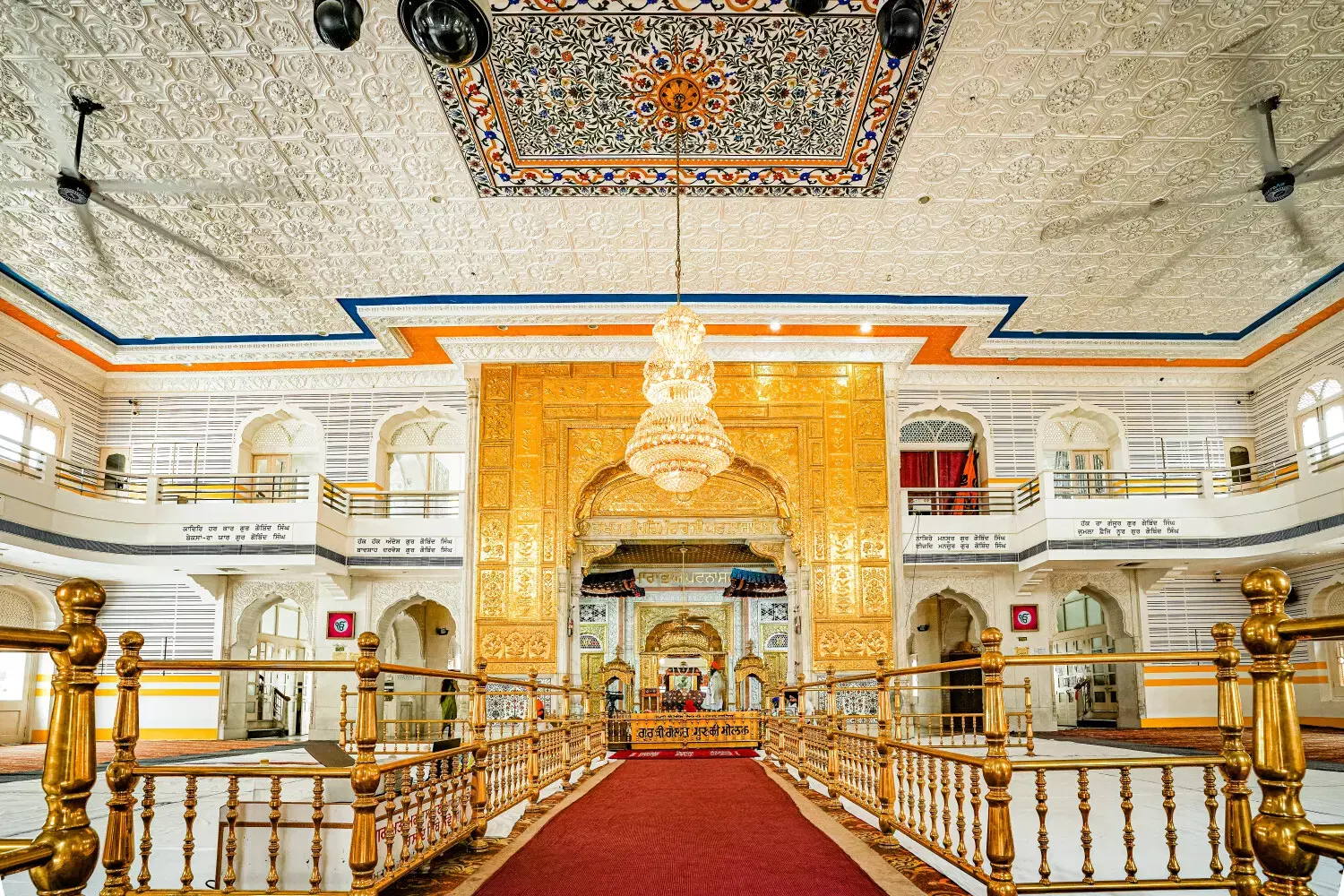High Court Refuses To Entertain PIL Challenging Management Committee Nominations To Patna Sahib Citing Alternate Remedy
Bhavya Singh
23 March 2024 8:30 AM IST

Next Story
23 March 2024 8:30 AM IST
The Patna High Court, in its dismissal of a petition challenging the nomination made by the District Judge of Patna to the Prabandhak Committee overseeing Sri Takhat Harimandir Ji, Patna Saheb, emphasized that the petitioners, primarily concerned with the management of the religious site, did not represent a marginalized or downtrodden community warranting intervention through Article...
